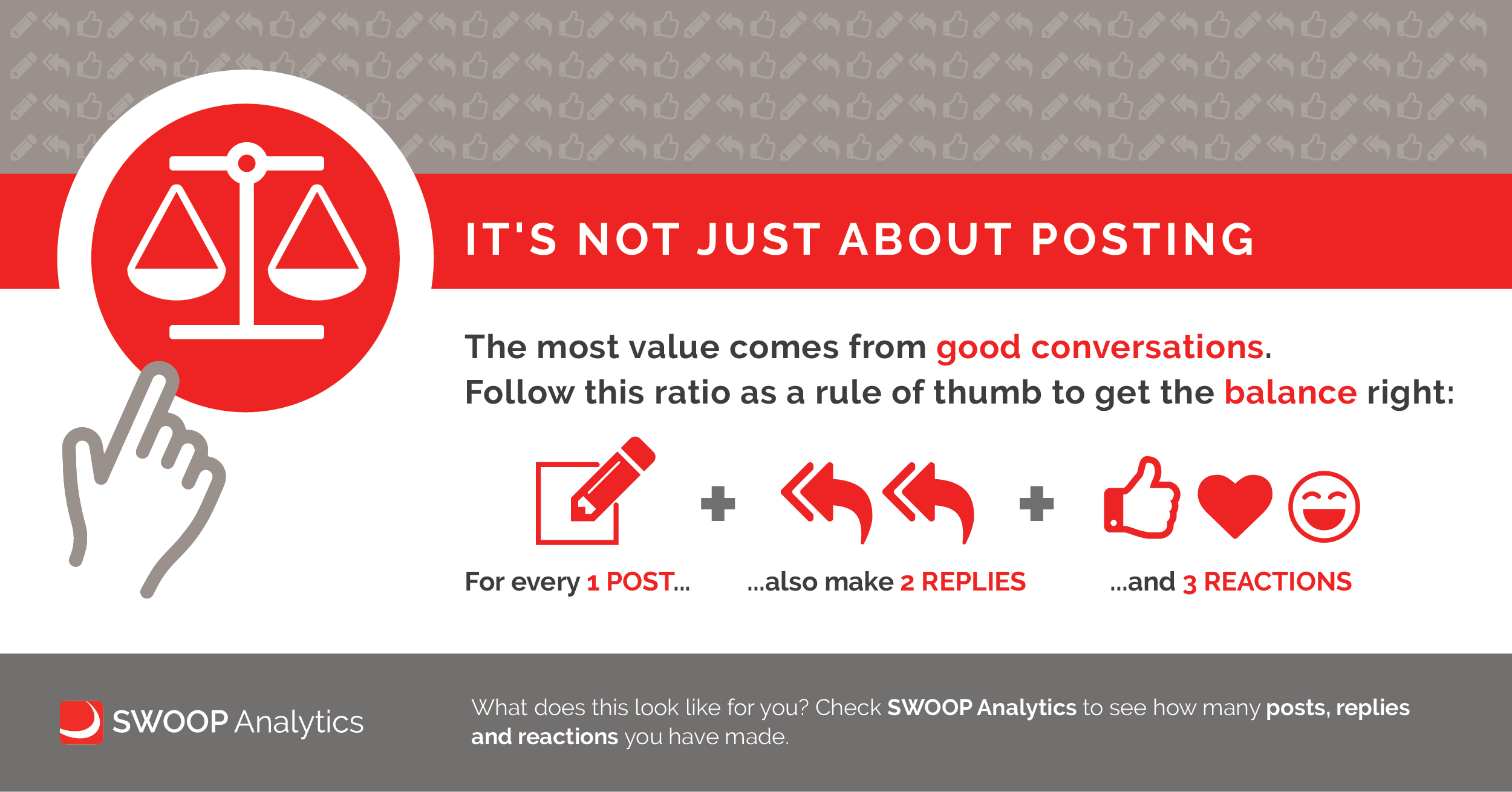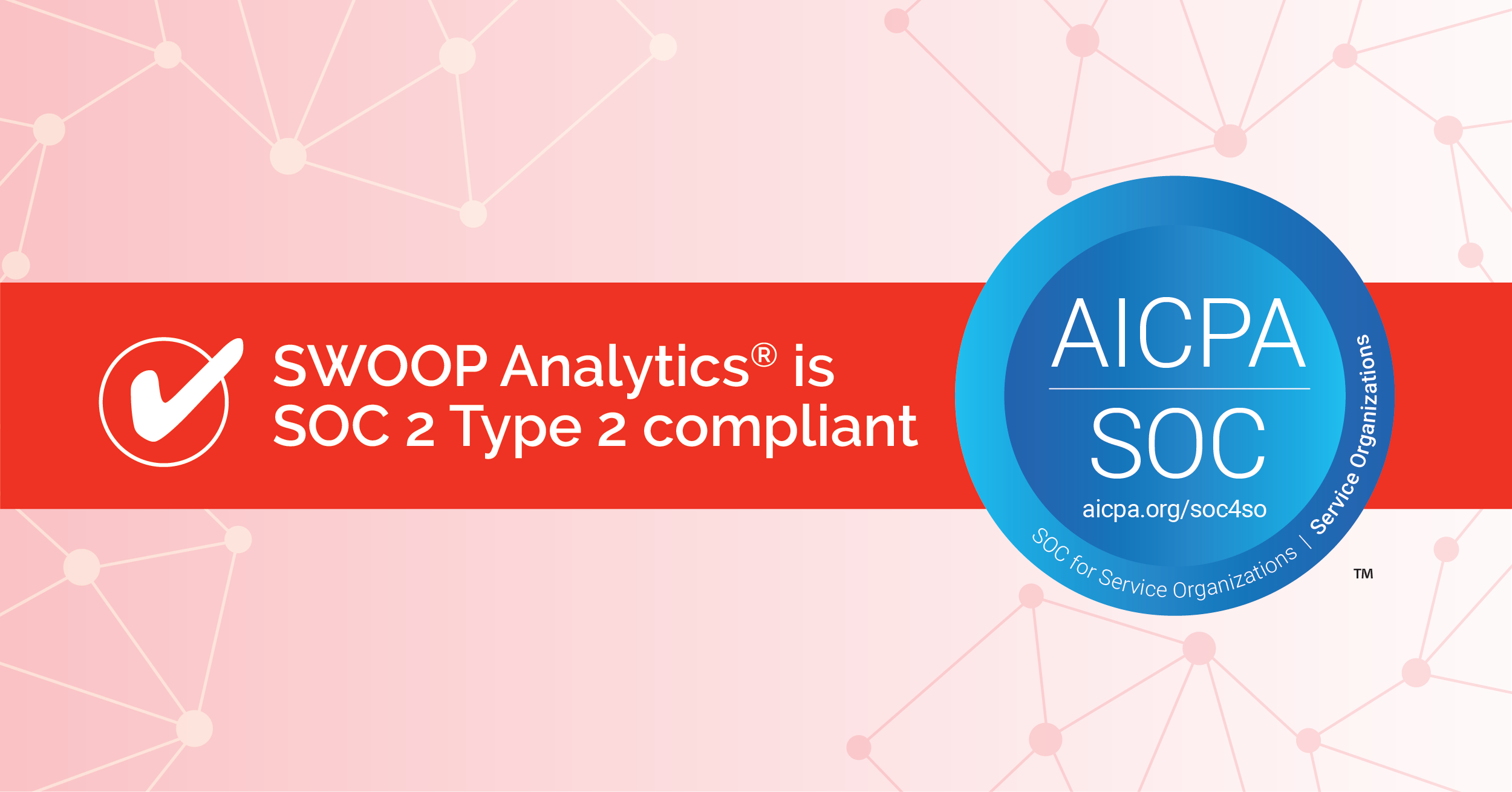
SWOOP Blog
Latest Articles
Blog Archive

Are we Getting Closer to True Knowledge Sharing Systems?
First generation knowledge management (KM) systems were essentially re-labelled content stores. Labelling such content as ‘knowledge’ did much to discredit the whole Knowledge Management movement of the 1990s. During this time, I commonly referred to knowledge management systems as needing to comprise both “collections and connections”, but we had forgotten about the “connections”.

Knowing-Doing Gap
In this post we continue to explore how we might better engage the “Long Tail” participants in our Enterprise Social Networking (ESN) communities. In 2000 Jeffey Pfeffer and Robert Sutton published their book entitled the “Knowing-Doing Gap: How Smart Companies Turn Knowledge into Action” . Its publication was timely for many of us working in Knowledge Management programs at the time as it reinforced to us that knowledge sharing alone is not enough. What they found in their research was that there were many under-performing companies who really didn’t have a knowledge problem. Their problem was more with actioning what they knew. For example, they talk about organisations who have a culture of fear, where staff were reluctant to take actions unless they were 100% sure of a positive outcome. A summary of their recommendations can be found in this FastCompany interview. In essence the authors recommend prioritising “action over words”. At times this may mean taking actions that could be considered ill-prepared for. However, they use the examples of Bill Gross’ Idea Lab and Thomas Edison’s Labs of learning environments, where ‘safe’ actions can be taken in the spirit of experimentation and learning, thereby generating tangible value for the organisation. In other words, “stop thinking about it and just try something!”.

What’s in a Role? Another relic of the industrial age?
How should organisations manage their workforces in the post-industrial age? How should roles be described? More importantly, how does one assess whether a role is being performed adequately or not?











